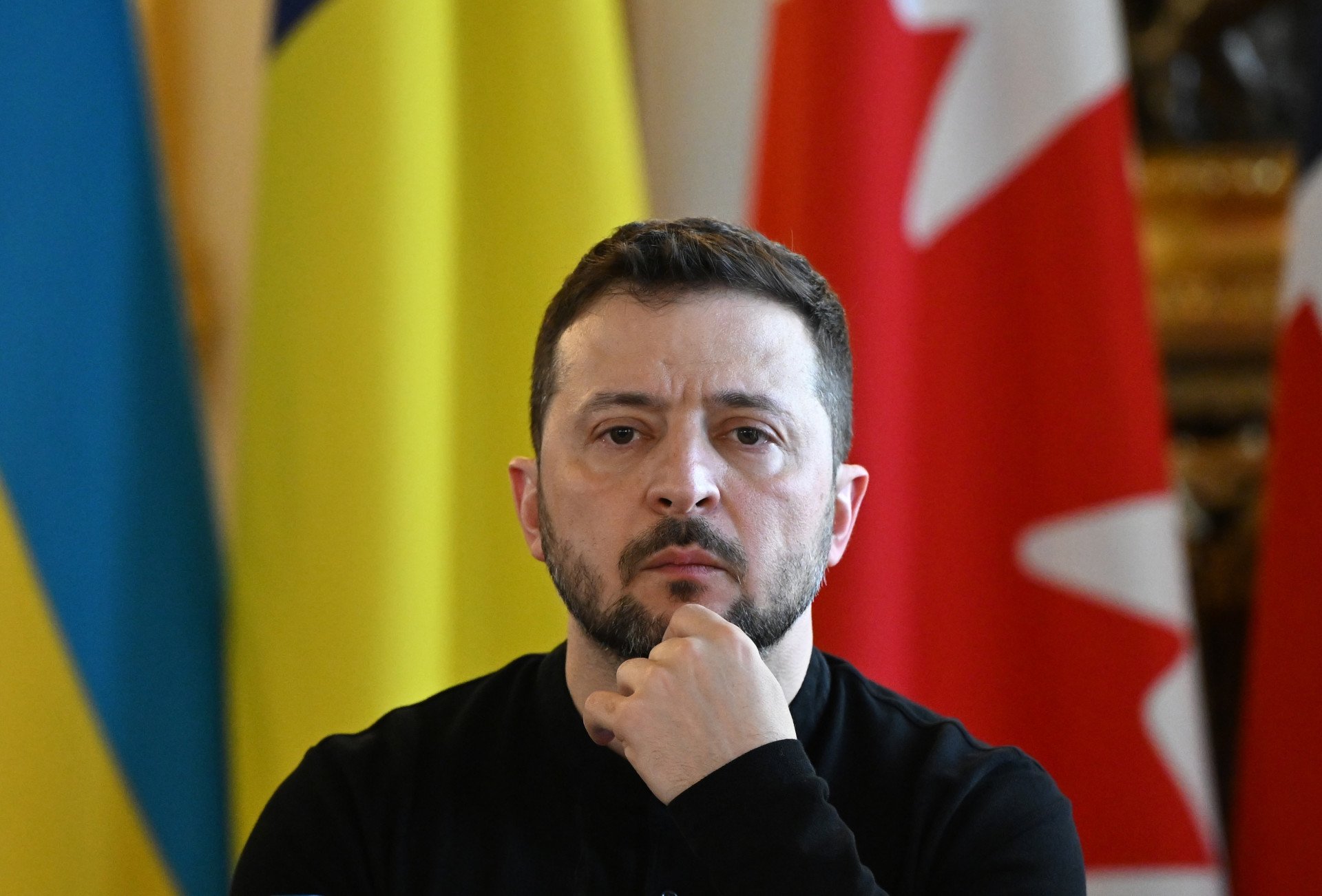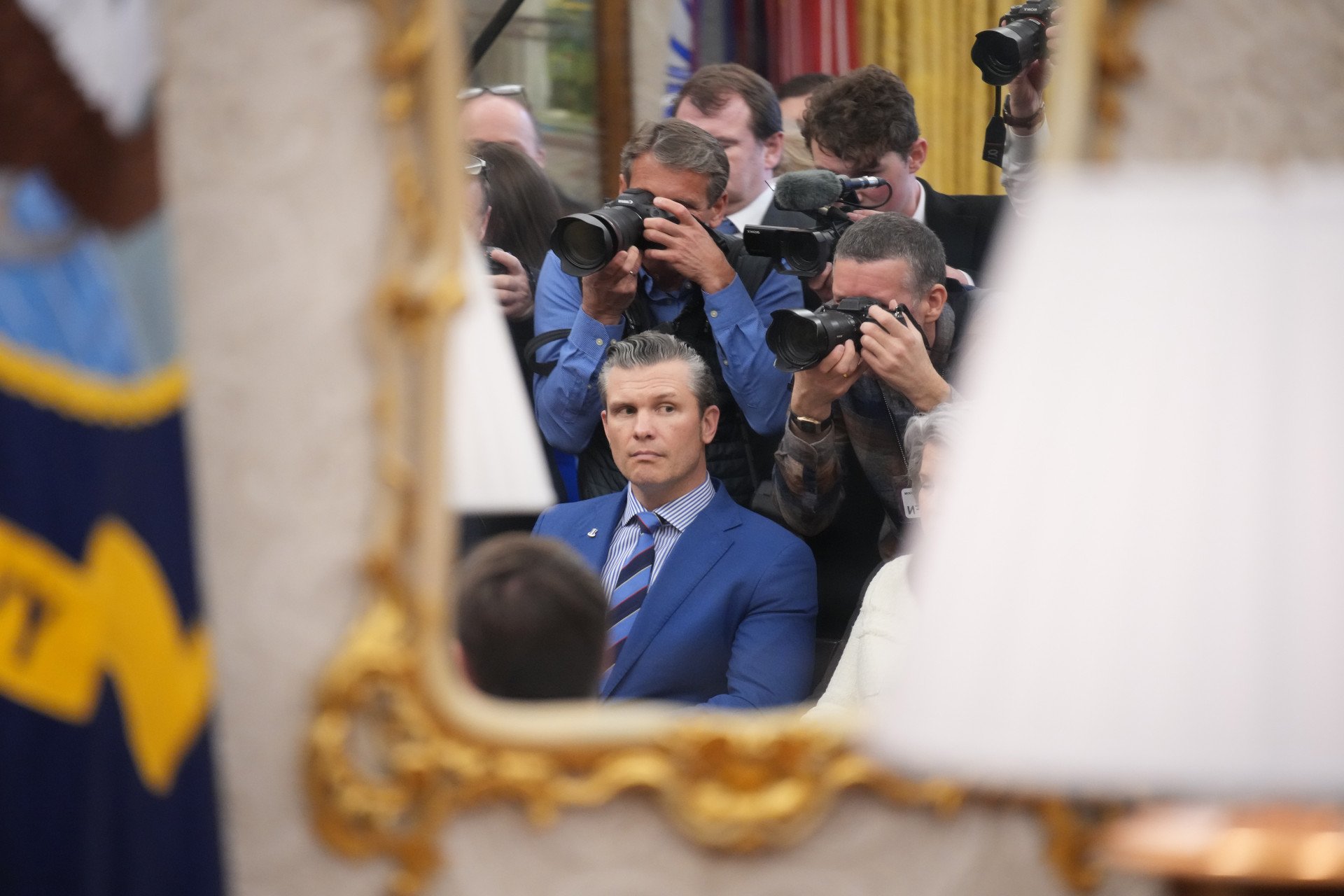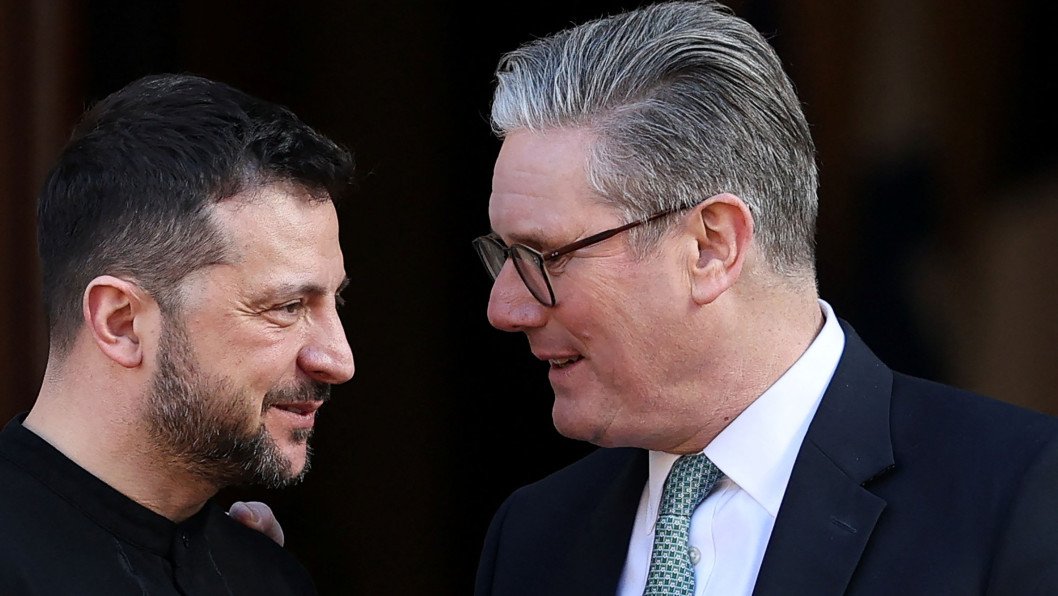- Category
- War in Ukraine
What Security Guarantees Is Ukraine Seeking?

Mineral deals, foreign contingents, NATO membership—many options have been floated, but which security guarantee will truly ensure Ukraine’s safety and sovereignty?
As Ukraine and its Western allies debate the future of security guarantees, the question remains: Can any agreement short of NATO membership effectively deter Russian aggression?
The term “security guarantees” is frequently discussed, but what does it mean? Ukraine insists it will not sign any deal without them, citing the failures of the Minsk I and II agreements, where Russia violated ceasefires brokered by European partners. The Trump administration said that a minerals deal, which would tie US economic interests to Ukraine, constitutes a security guarantee. Ukraine agrees that this deal is a critical step toward enhanced security, but emphasizes that NATO-style commitments, which have so far deterred attacks on member states, are the key to preventing further escalation in the region.
“When I say NATO, it’s not just about the war—it’s about a very clear security infrastructure,” said Ukrainian President Volodymyr Zelenskyy.
After last Friday’s Oval Office debacle, both sides have resumed discussions, and secondary talks between the US and Ukraine are rumored for next week. Ukraine continues to seek NATO membership, arguing that without Article 5 protection, there is no real assurance that Russia will not repeat its historical actions.
The question remains: if not NATO, what would meaningful security guarantees look like?
Several proposals have emerged. Europe has suggested that if a ceasefire or peace agreement is reached, it may deploy troops and aircraft to Ukraine to uphold it. But what happens if Russia invades again? Would European troops engage directly with Russian forces? Would NATO be drawn in?
NATO protection would not automatically extend to European troops if the US has its way, according to US Defense Secretary Pete Hegseth.

This week, European leaders met again to seek solutions. On Wednesday night, French President Emmanuel Macron delivered a powerful address, calling for increased defense spending and highlighting France’s nuclear deterrence. He emphasized that neither Moscow nor Washington would dictate Europe’s future. His speech underscores a growing European push to take charge of regional security rather than relying solely on NATO or the US.
European leaders are increasingly exploring a long-term security framework for Ukraine, independent of NATO membership. Recent security agreements proposed between Ukraine and several European nations, including Germany, France, Canada, and the UK, highlight this shift. These agreements focus on sustained military aid, intelligence-sharing, and economic support to bolster Ukraine’s defenses against further Russian aggression.
Key logistical questions remain. While Europe has the financial resources and manpower, does it have the logistical capacity for such an operation? UK Prime Minister Keir Starmer is leading efforts to establish a European military framework, but it’s unclear who would oversee command and control.

Equally important is whether this aligns with Ukraine’s priorities. Given Zelenskyy’s active participation in these discussions, the answer appears to be yes. European leaders agree: no peace talks will take place about Ukraine without Ukraine.
Still, a lasting peace also requires Russian participation. Recent Kremlin statements suggest that President Vladimir Putin is unwilling to cooperate. Moscow has rejected nearly every European proposal, including a ceasefire along Ukraine’s front lines.
Another sticking point is Ukraine’s rearmament. Ukraine and its allies argue for “peace through strength”—the idea that by fortifying Ukraine into a “steel porcupine,” it can negotiate from a position of power. Russian Foreign Minister Sergey Lavrov claimed that Russia will not negotiate if Ukraine hosts peacekeepers. Meanwhile, Russia has ramped up its military defense budget and plans to continue to do so over the next several years. While Russia condemns the use of foreign contingents as part of peace and security guarantees in Ukraine, it currently employs North Korean troops to fight against Ukraine.
So long as Ukraine remains outside of NATO, Zelenskyy has called for the strengthening of Ukraine’s military. The “best security guarantee is a strong Ukrainian army and a strong Ukrainian army that has enough numbers,” said Zelenskyy, who has called on Europe for external support for its 800,000-strong army.
To support such a force, some former European leaders have proposed, once again, to close Ukraine’s skies by providing European air support—120 fighter jets—in the western half of the country, spanning from Lviv to Kyiv and down to Odesa, termed IAPZ (Integrated Air Protection Zone). The initiative, called European Sky Shield, aims to protect the country and its infrastructure from Russian missiles and drone strikes.
-a058a7a3d3f317b7133b9b2a07f4112b.jpg)
The US remains on the sidelines, having paused military aid and intelligence sharing earlier this week. The current administration has argued that Europe should pick up the lion’s share of any security guarantees, something it seems willing to do given its prompt reaction over the past week and the announcement of a “Coalition of the Willing.”
Many questions remain unanswered, but one thing is clear: Ukraine’s future security depends on an agreement that outlines clear-cut guarantees strong enough to deter Russian aggression.
-fca37bf6b0e73483220d55f0816978cf.jpeg)

-554f0711f15a880af68b2550a739eee4.jpg)



-206008aed5f329e86c52788e3e423f23.jpg)
-1afe8933c743567b9dae4cc5225a73cb.png)
-46f6afa2f66d31ff3df8ea1a8f5524ec.jpg)